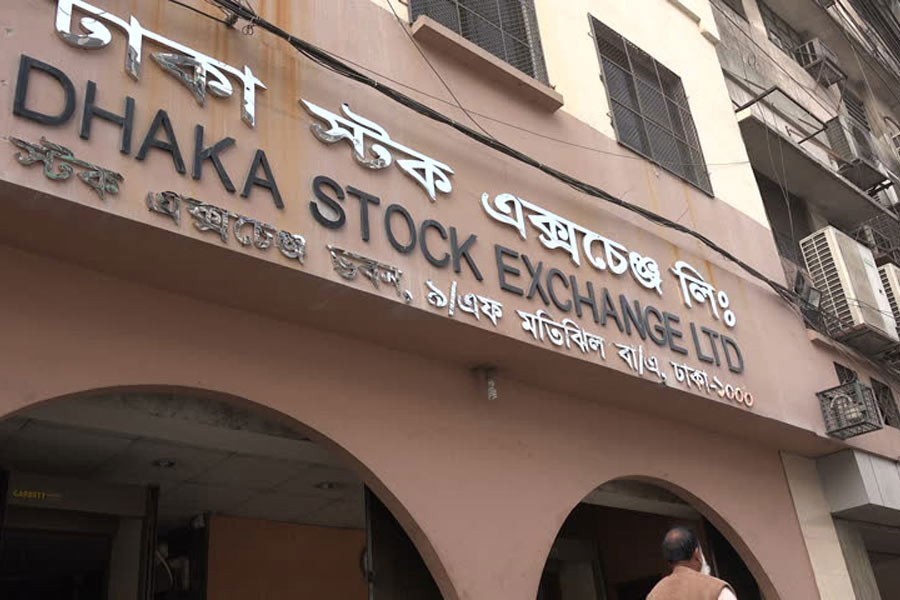What is the state of the Bangladesh stock market at the moment?
The answer to this question can be found in the daily movement of the market indices and turnover in recent months.
Most market indicators, much to the frustration of all stakeholders, are not at all in a healthy state. The exuberance witnessed among the honchos of the securities regulator, investors, and some other market operators last year is now at a low ebb following continuous erosion in share prices. The 'floor price' mechanism has been in place for months together to stop the market from sliding further, thus, putting many investors in agony. These investors are not finding buyers at the floor price of their shares. Thus, daily market transactions have dropped significantly, resulting in low turnover.
Even the incumbent chairman of the Bangladesh Securities and Exchange Commission (BSEC) is in a dilemma over the floor price issue.
"We had to introduce the floor price in an awkward situation. I am an officer of the International Organization of Securities Commissions), and personally do not want floor price", said Prof Shibli Rubayat Ul Islam, chairman of BSEC at a programme organized by the Economic Reporters' Forum (ERF) on Tuesday last. "Had we not introduced it, small investors would have been in trouble", he, however, hastened to add.
The BSEC chairman while speaking at the discussion meeting also highlighted a few deficiencies of the Bangladesh capital market. The dominance of small investors is one. He said over 80 per cent of the investors are retailers, as opposed to the global capital market scene where institutional investors have strong dominance.
Two other major issues he also mentioned were: (a) investors' overwhelming propensity to make quick bucks and (b) the financial literacy of the investors.
It is no denying that most people investing in the Bangladesh stock market want to be rich overnight. But someone should not blame solely them for developing such an absurd attitude. So-called small investors not knowing the operational intricacies of the stock market or manipulative activities by certain quarters had rushed to the market when they, rightly or wrongly, got the impression that investment in stocks could be the right way to become rich overnight. A few had managed a notable gain, but most others had burnt their fingers. It happened in 1996 and 2010. None, not even the BSEC, has done anything to restrain the behind-the-scene actors who had pushed the market well beyond its limit through manipulation of all sorts. So, at an opportune moment, there could be a repetition of the same in the future.
Then again, the large investors---banks and other financial institutions--- are also inclined to make quick bucks. They usually make investments when the market is in an upbeat mood. But what is worse, these large investors offload their shares even at the slightest hint of an adverse market climate. Small investors also follow suit.
For a stable and vibrant stock market, it is a prerequisite to have financially literate investors. A stock market is not a place to invest funds by all people with disposable funds. The minimum ability to make the right investment choices helps both market and investors. But that is easier said than done. The attempts made so far to make small investors literate have been very limited in nature. The BSEC and relevant others should devise some other means, including the use of print, electronic, and social media, to educate small investors.
The incumbent commission has tried some measures to revamp and streamline the stock market. The market gradually turned buoyant, but the trend was short-lived. The BSEC chairman must know the reasons. So, he and his associates should try to address those.
For any stakeholder in any stock market, be it a listed company or a regulatory body, credibility is an important issue. Hopefully, the BSEC will look into it.


